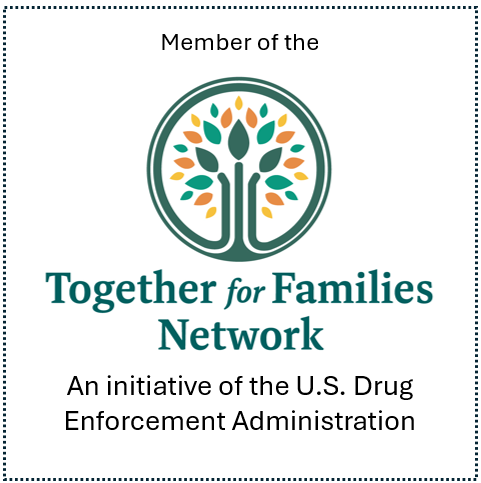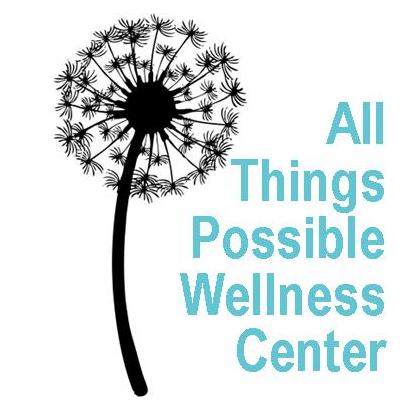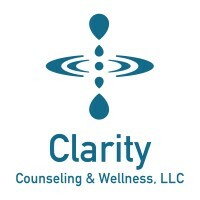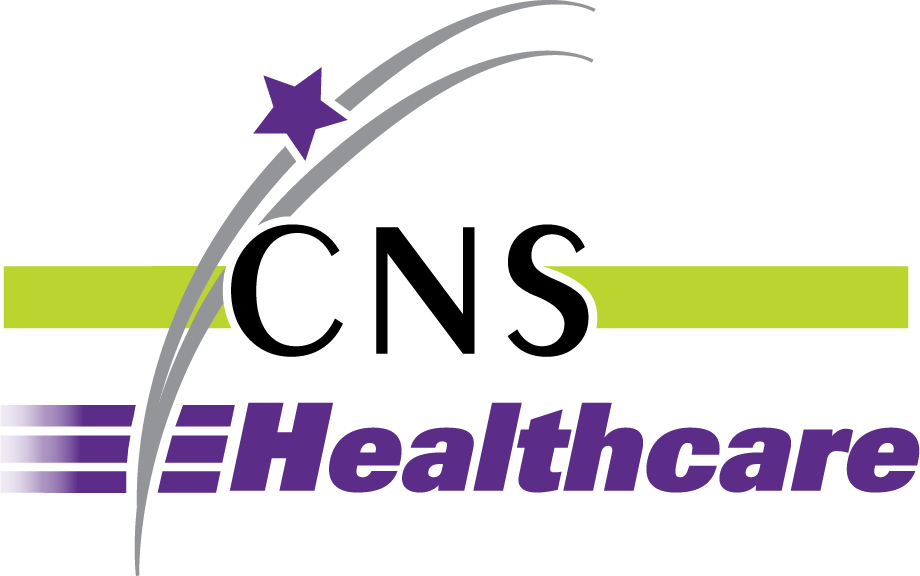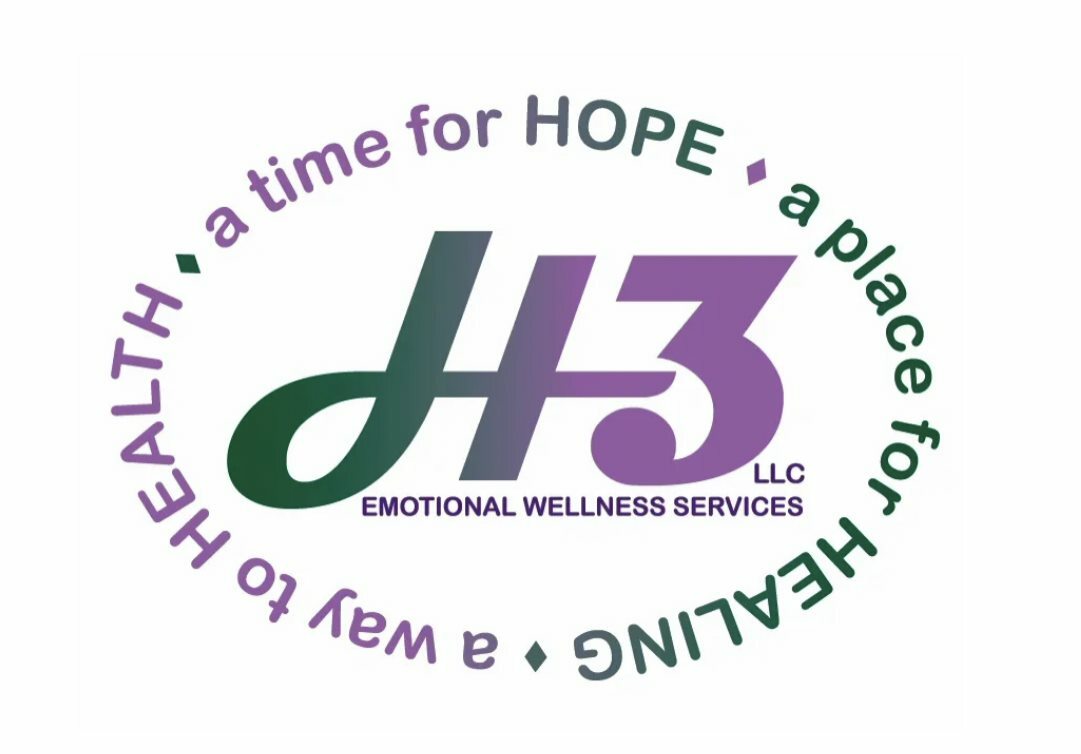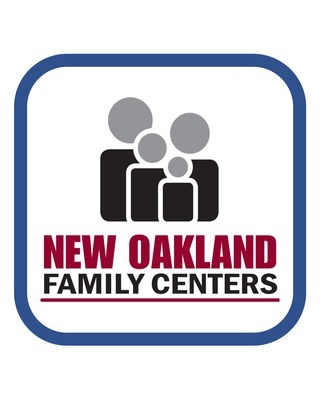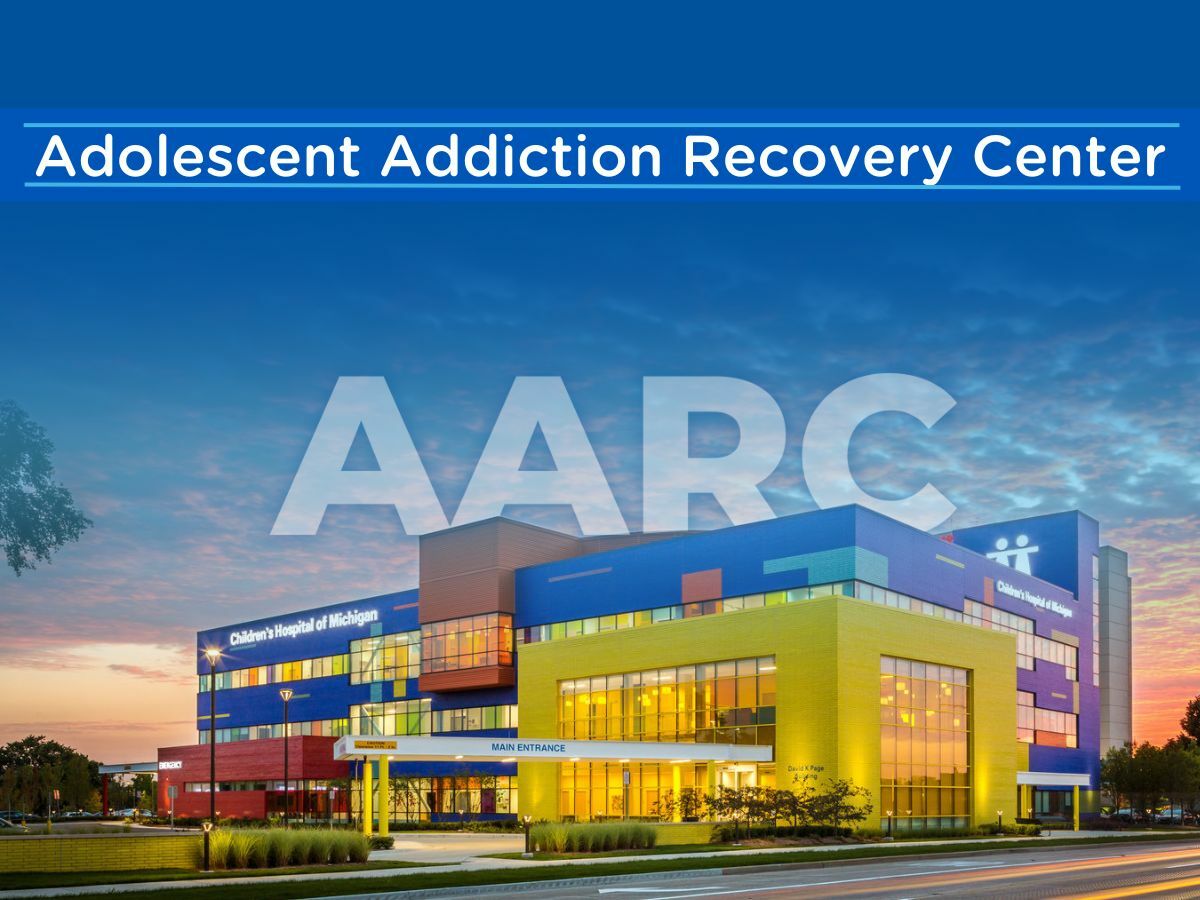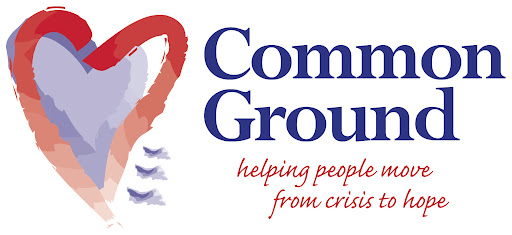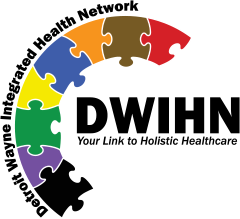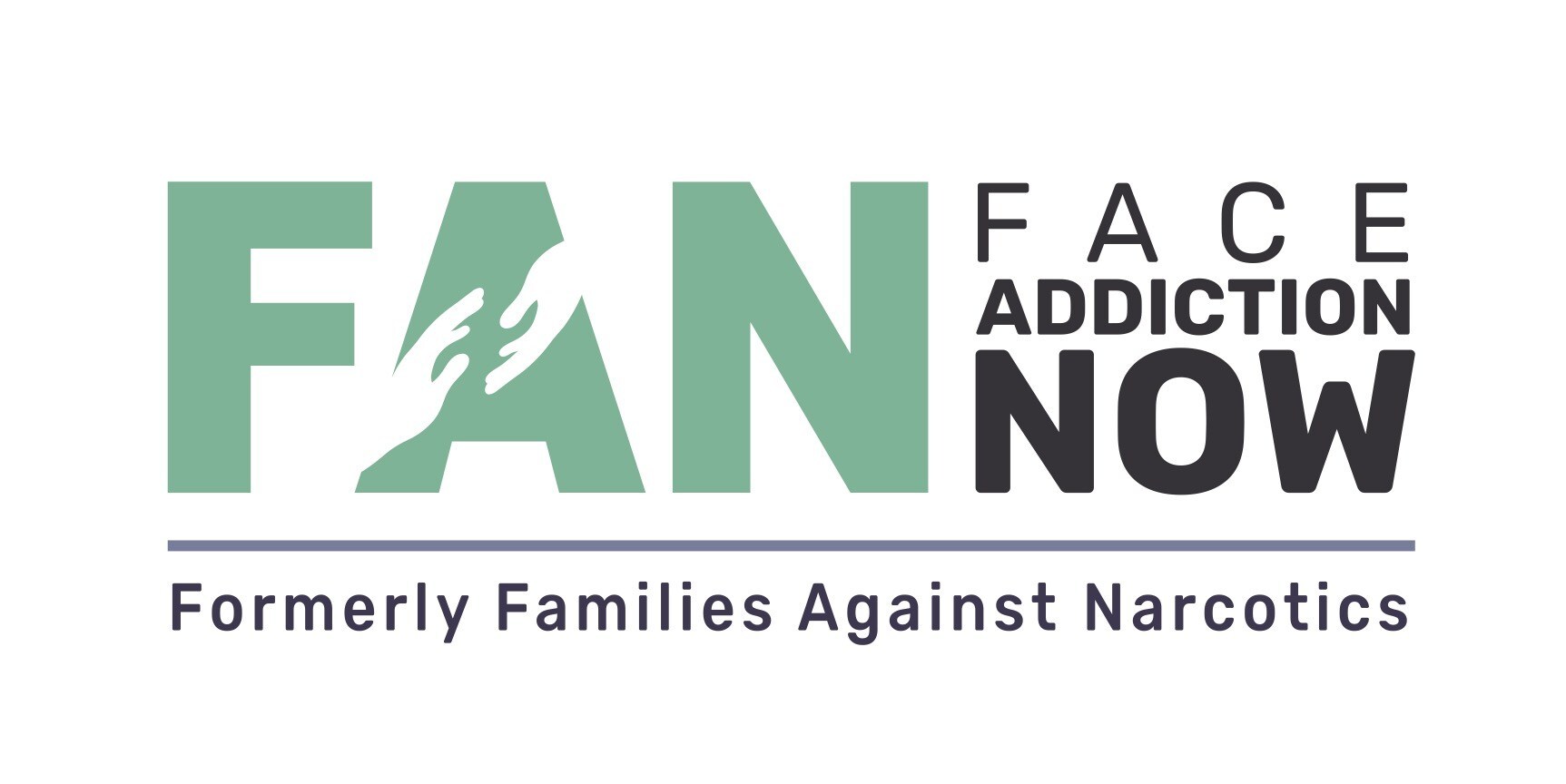Addiction & Recovery
The Family Center’s Association of Professionals includes local practitioners, organizations, and businesses that provide support to individuals and families giving you an opportunity to quickly and confidentially connect with local resources to source professional help. Finding the right healthcare professional or treatment plan can be hard. If you can’t find what you’re looking for or need more assistance, please call The Family Center at 313.447.1374.
The Family Center does not endorse or recommend the individuals or businesses listed on our website. Membership here is not considered a referral and the responsibility for selecting a provider resides with each parent/guardian/family member/caregiver. Information is provided “as is” without warranties of any kind. Provider membership is at will and at the discretion of The Family Center.




